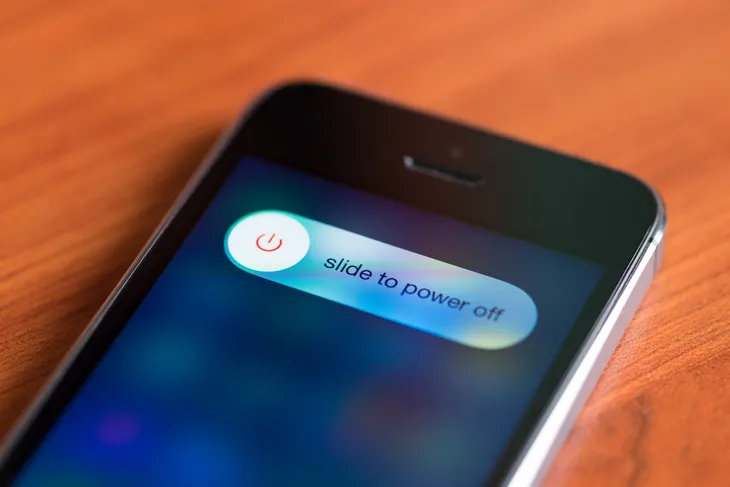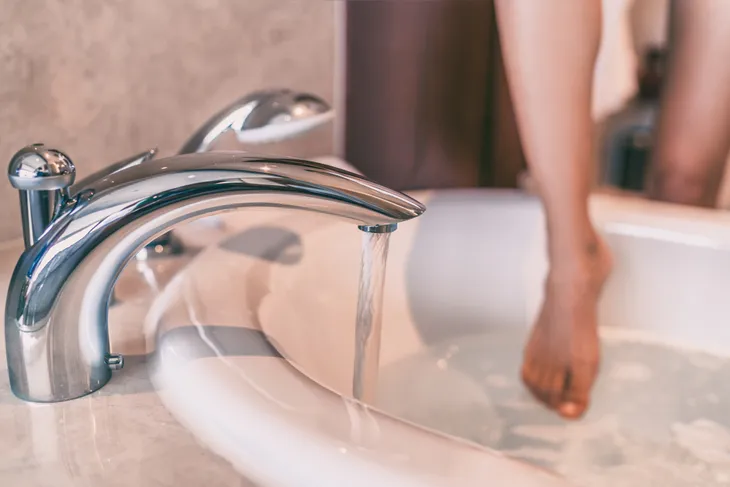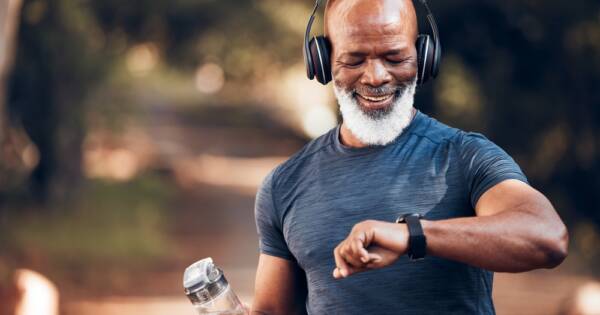It seems we all take the time to care for our children, pets, homes and also our vehicles, but many of us are forgetting to take care of ourselves. By not giving yourself some “maintenance” once in a while, your efficiency could lag and you could end up with physical or mental repercussions.
Self-care doesn’t have to require an expensive trip to the spa (although there’s nothing wrong with that, if you’ve got the money to spare). As you’ll read, self-care can be simple things you do regularly to keep yourself in optimal condition. Here are seven self-care tips you can start practicing…
1. Become More Mindful
Several sources stress the importance of “living in the moment”, and that means also putting away your electronic device because that email can wait. Being mindful is not the absence of thought, it’s being aware of what’s happening in the here and now and enjoying it.
Meditation can help if you have a few minutes to spare, noted Greatist.com. Just a few minutes of meditation can relieve stress and even boost compassion (if you’re feeling worn out by other people’s problems) notes the source.
2. Listen to Yourself
Psychology Today noted that with all the listening to other people’s complaints and problems, you should turn your ear towards yourself once in a while. The article refers to this as “Active Listening” which is like telling someone your difficulties or fears, except you’re telling it to yourself.
Listening to a friend and acknowledging their issue with by reiterating it back to them can be helpful, and it can also be helpful to yourself, noted to article. If you’re having trouble and there are no supportive ears around, say something to yourself quietly along the lines of “it’s hard to be lonely” for example. This technique apparently helps you feel cared for, even though the words came from yourself.
3. Take a Walk Outside
Sometimes a walk outside to breathe some fresh air can help reduce your stress and put things in perspective, according to ABC Science. The online source notes that just 5-minutes of exercise each day can improve your mental health.
The article cites a study by the University of Essex that showed walking and even gardening were among these “green activity” options to clear the cobwebs from your brain and boost self-esteem. The study was based on 1,252 subjects or varying genders, ages and mental health situations.
4. Take a Nap
Some people may think naps for adults are a waste of time, but the Art of Manliness notes that despite the stigma, naps can be “one of the most powerful tools for self-improvement; they can increase not only our health and well-being but our intelligence and productivity as well.”
The truth is many of us are sleep-deprived, and that limits our happiness and can even increase risk for certain health problems. A simple nap can increase alertness, prevent burnout, heighten creativity, and lower your cortisol (the stress hormone).
5. Practice Bibliotherapy
This is the term describing reading for therapeutic purposes, according to New Yorker magazine. The article says it’s an “ancient” practice but the first real reference to it was in a 1916 article in The Atlantic Monthly.
The New Yorker notes this practice can go beyond just quietly reading a book to yourself; bibliotherapy can range “from literature courses run for prison inmates to reading circles for elderly people suffering from dementia.” Studies have shown that reading fiction can boost empathy, and it’s a great way to put our brains into a “pleasurable trance-like state, similar to meditation.”
6. Turn Off Your Mobile Devices
We are constantly on call even when we’re not working, because our phone doesn’t take coffee breaks. It keeps demanding responses whether it’s emails or texts to answer. This is a “perfect storm” for burnout, especially in the workplace, notes Business2Community.
Unplugging your mobile device will help you focus more on yourself, which can be akin to mindfulness, noted the source. While it may seem counterintuitive, ignoring the constant notifications on our phones can make us more productive, because it limits distractions and allows our brain a chance to refresh itself.
 / Shutterstock.com
/ Shutterstock.com7. Take a Long Bath
Ah, the thought of sitting in a soaker tub with candles and bubble bath. Or a book, or a glass of wine… that part is really up to you. Just add water and a bit of time to yourself. If you think you’re missing the latter ingredient, you’re wrong–you just need to allow yourself to have it.
According to Psychology Today, baths can do more than soothe our aching bodies. In fact, taking a bath can ease our loneliness. The warmth of a bath can actually be a substitute for the “warmth” from a friend– “physical temperature seems to have become indistinguishable, on some level, from psychological feelings of connectedness,” according to the source. So who’s better company right now than yourself and a welcoming bathtub?









